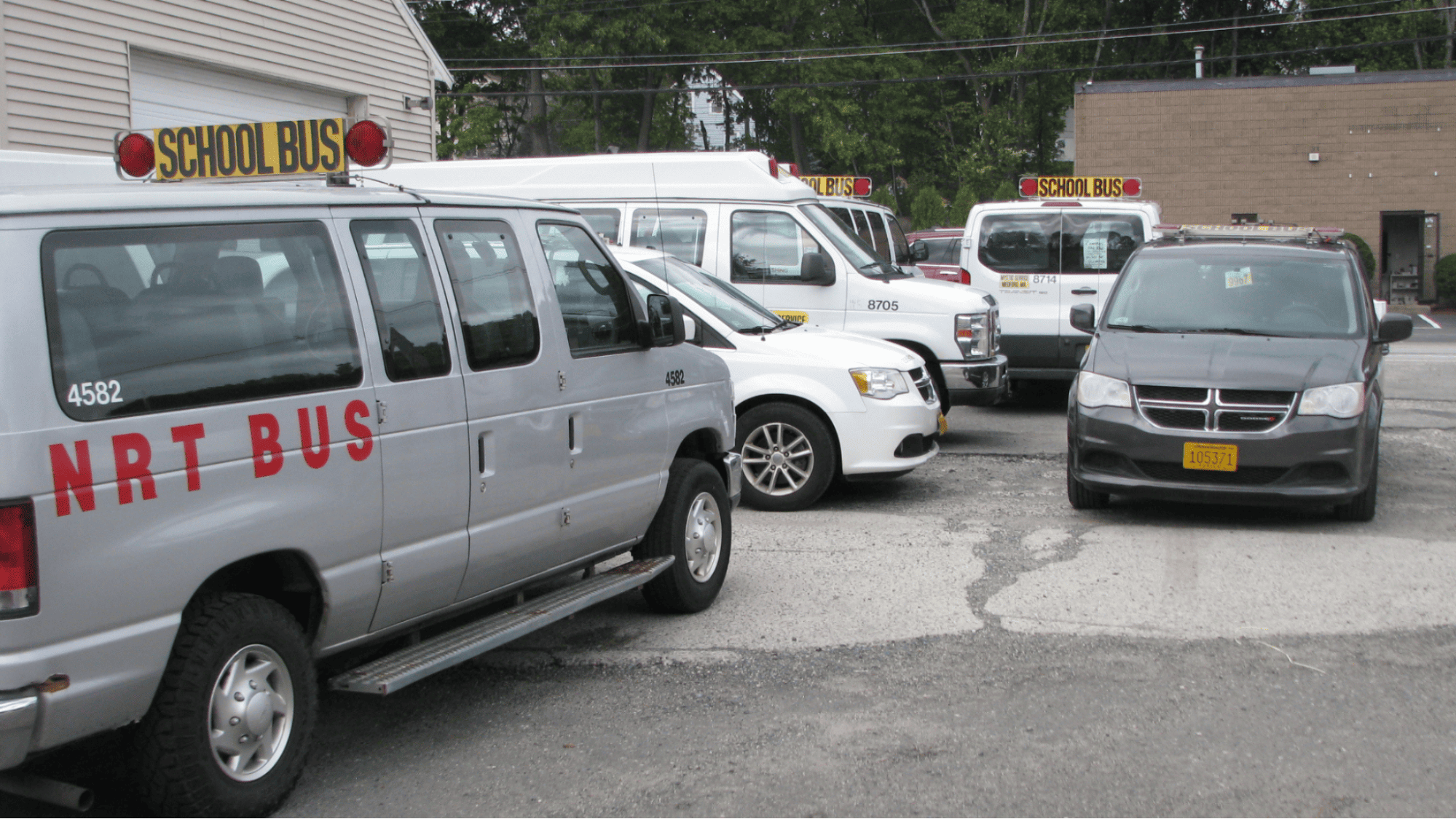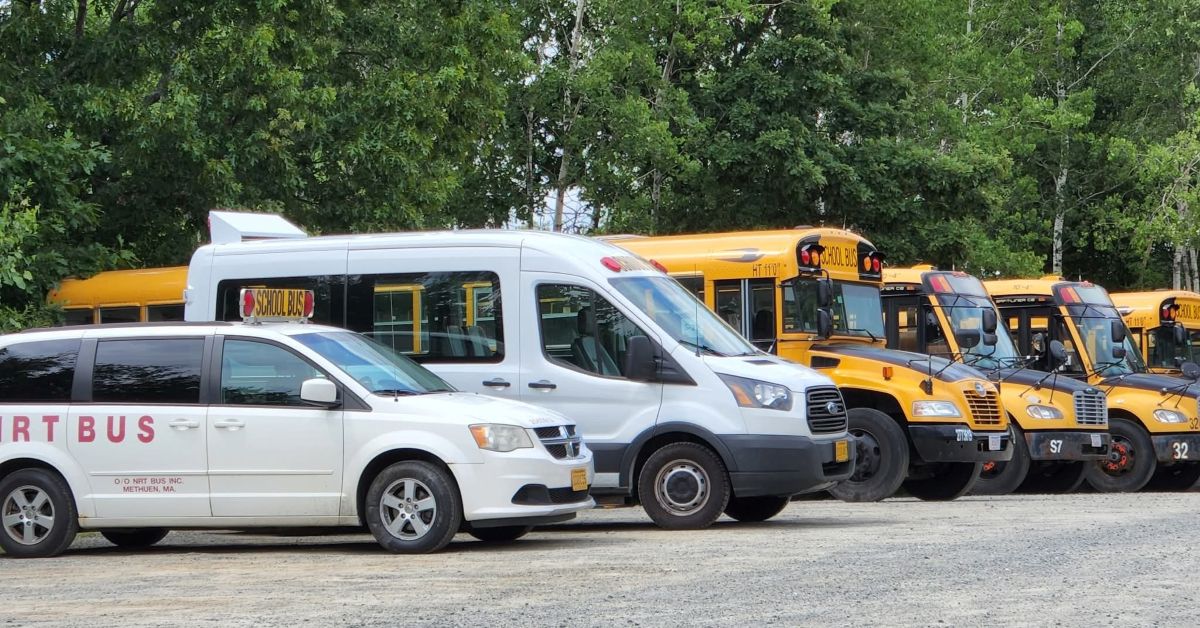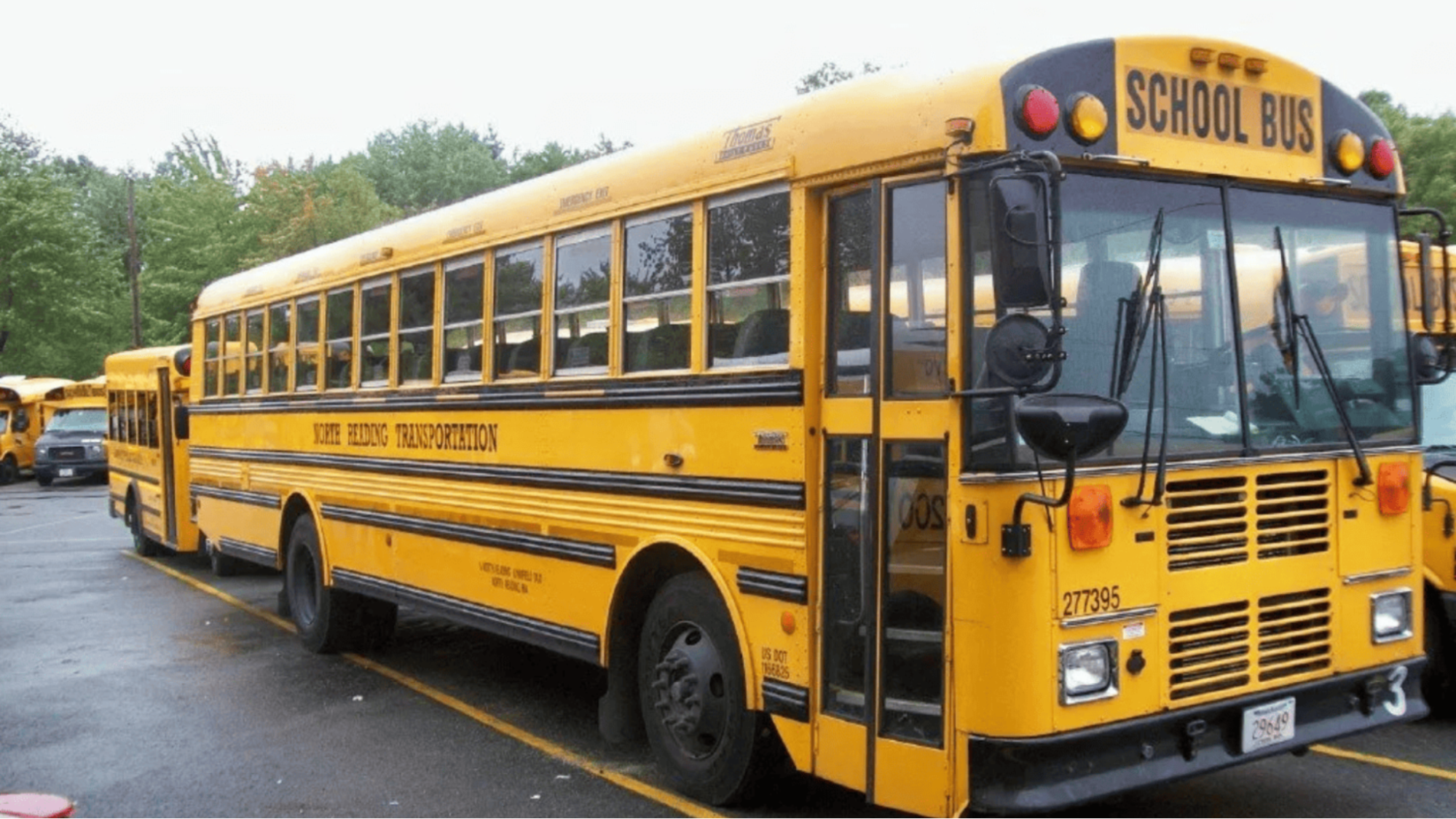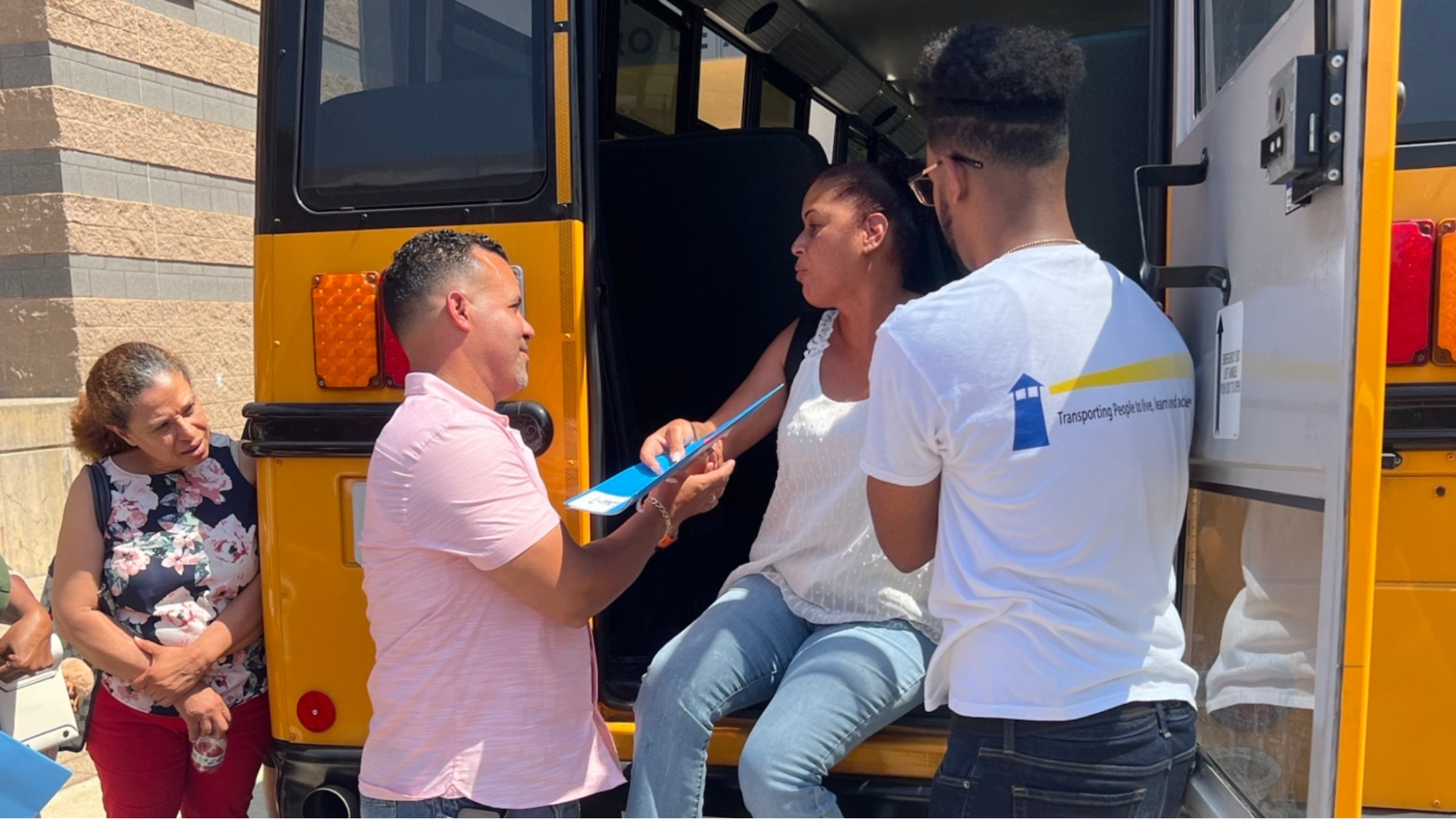When Massachusetts schools plan field trips, athletic games, or music competitions, transportation is a top priority. But beyond routes and schedules, one factor is just as critical: insurance. Bus rental insurance protects students, staff, and districts in the event of an accident, injury, or property damage.
At NRT, we’ve seen how the right coverage builds trust with families and prevents costly surprises. Here’s what every Massachusetts district should know about insurance when renting buses for school events.
Why Bus Rental Insurance Matters
School trips involve unique risks compared to standard charters. You’re transporting large groups of minors, sometimes with equipment, overnight bags, or long-distance routes. If an accident occurs—or if something as simple as a delayed return leads to overtime costs—insurance determines who is responsible.
Strong insurance coverage provides:
- Peace of mind for families knowing their children are protected.
- Legal and financial security for districts if an incident occurs.
- Proof of professionalism when working with experienced providers.
Without the right coverage, schools can be left exposed to liability.
Types of Insurance Every District Should Review
When evaluating a bus rental provider, confirm these coverages are in place:
1. General Liability Insurance
This protects against claims of bodily injury or property damage. For school events, this ensures coverage if a student or staff member is injured during transit.
2. Auto Liability Insurance
Covers damage or injury resulting from an accident involving the bus. Providers in Massachusetts must carry minimum levels, but schools should verify policies exceed the state minimums.
3. Medical Payments Coverage
Pays for medical expenses of passengers injured in an accident, regardless of fault. This is critical when transporting students with pre-existing conditions or medical needs.
4. Umbrella or Excess Liability Policies
These provide an additional safety net beyond standard coverage. Districts hosting large events or traveling out of state should ask about umbrella policies.
5. Cancellation and Trip Interruption Insurance
Not every provider offers this, but it can protect districts from financial loss if weather, emergencies, or venue cancellations disrupt travel plans.
What Schools Should Ask Providers
Before signing a rental agreement, districts should request documentation of coverage. Key questions include:
- What are your liability coverage limits?
- Do you carry insurance above the Massachusetts state minimums?
- Is medical coverage included for every passenger?
- Can you provide proof of insurance before trip day?
- Does coverage extend across state lines if our trip leaves Massachusetts?
- Are drivers individually insured and trained in student safety?
Having this checklist helps districts compare providers and avoid gaps in protection.
Massachusetts Requirements and Standards
The Massachusetts Department of Elementary and Secondary Education (DESE) outlines strict expectations for student transportation safety, including licensed drivers and insured vehicles. Districts should ensure their charter provider follows these requirements and maintains current insurance certificates on file.
At the national level, districts can also review the Federal Motor Carrier Safety Administration’s safety regulations to understand how insurance fits into broader compliance standards.
Together, state and federal rules ensure providers operate responsibly—but districts must confirm their chosen bus rental partner is fully aligned.
Common Scenarios Where Insurance Plays a Role
To understand why insurance matters, consider these examples:
- Sports Travel Accident: A soccer team bus is rear-ended on the highway. Without adequate medical coverage, families could face unexpected bills.
- Equipment Damage: A band’s instruments are damaged during loading. Liability coverage helps cover the loss.
- Weather Disruption: A snowstorm cancels a trip last-minute. Without cancellation insurance, the district may lose its deposit.
Each of these scenarios underscores why schools should never view insurance as just a formality.
How to Involve Parents in the Conversation
Parents expect schools to prioritize student safety at every stage. Transparent communication builds confidence:
- Let families know the provider is fully insured and compliant with Massachusetts law.
- Share emergency procedures and insurance basics during trip orientations.
- Provide a point of contact for questions about safety and coverage.
This proactive approach reduces worry and strengthens community trust.
Budgeting for Insurance in Event Planning
Insurance doesn’t have to mean higher costs. Most reputable providers build coverage into their charter pricing. However, districts should:
- Confirm whether premium coverage options affect total cost.
- Ask if longer trips (e.g., out-of-state competitions) require additional policies.
- Build insurance verification into their standard transportation budgeting process.
When insurance is included from the start, it prevents last-minute surprises.
Building Long-Term Partnerships with Insured Providers
Rather than vetting coverage for every trip, many Massachusetts districts prefer to build long-term contracts with trusted providers. This ensures:
- Consistent access to insured vehicles.
- Streamlined compliance reviews each year.
- Stronger relationships between drivers, schools, and families.
At NRT, we maintain up-to-date certificates and provide documentation proactively, so districts never have to guess about coverage.
Why Insurance Protects Schools Beyond the Trip
A single missed step in compliance or insurance can create ripple effects:
- For Students: Risk of uncovered medical expenses after an accident.
- For Parents: Erosion of trust in the district’s ability to protect children.
- For Schools: Legal and financial liability that damages credibility.
By contrast, when insurance is prioritized, it reinforces a culture of safety and professionalism that benefits everyone.
Final Thoughts
When renting buses for school events in Massachusetts, insurance is not optional—it’s essential. Coverage protects students, reassures families, and shields schools from costly risks.
At NRT, we help districts simplify the process by maintaining strong insurance coverage, trained drivers, and vehicles that meet the highest safety standards. Whether it’s a single field trip or a season-long athletic schedule, we make sure your transportation is safe, compliant, and worry-free.
Contact NRT today to learn more about our insured transportation services for Massachusetts schools and events.







